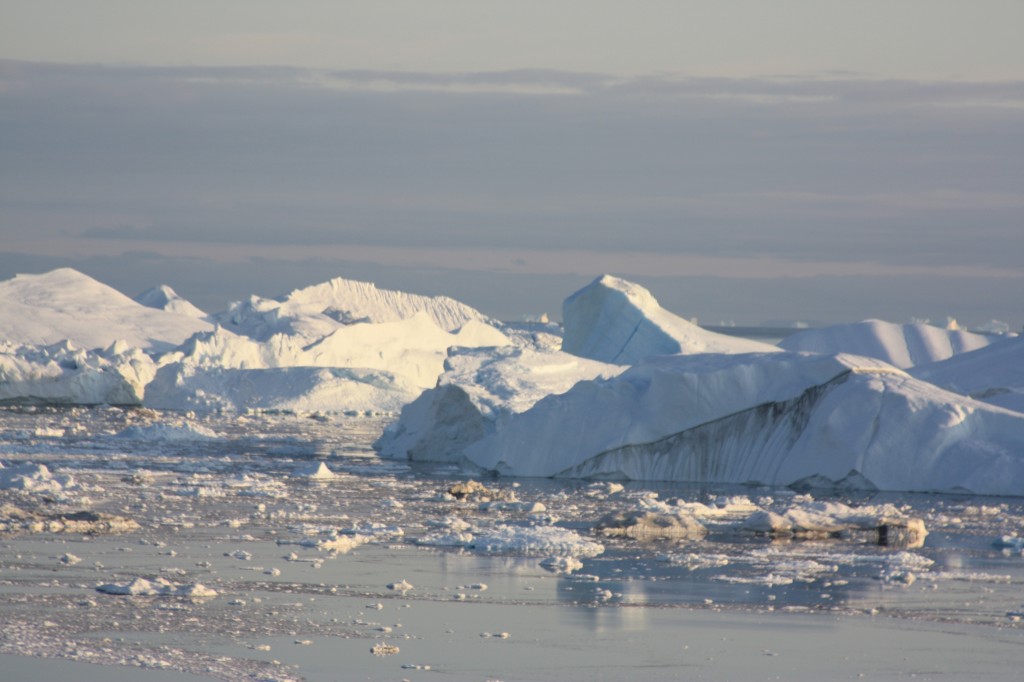Russia helps China drill deeper into the Arctic
When the new Chinese President Xi Jinping visited Russia as his first official foreign destination last week, one of the agreements signed on the sidelines was a deal between the Chinese National Petroleum Corporation (CNPC) and Russia’s oil company Rosneft, which paves the way for more exploration in the Arctic. The BarentsObserver says the cooperation makes the Chinese concern Rosneft’s third foreign partner in the Barents Sea. The area in question is located to the west of the archipelago of Novaya Zemlya and to the northeast of Gazprom’s Shtokman field. The BarentsObserver says the most likely option is that CNCP will get a 33 percent stake in a joint venture and bear all costs for initial exploration and drilling. The area is one of the least explored areas on the Russian continental shelf. The hydrocarbon potential is believed to be considerable.
Clearly, a cooperation between these two major powers is of concern to those who would like to see the Arctic environment protected from the danger of possible oil spills, and to everyone concerned about emissions from the burning of fossil fuels.
Growing Chinese interest in the “High North”
China’s increase in Arctic issues has been increasing in the last few years, as noted here on the ice blog and on DW’s environment page. (See China’s Arctic Ambitions Spark Concern) The country is bidding for permanent observer status on the Arctic Council. A decision on that is expected mid-May at the next Council meeting, when the chairmanship passes from Sweden to Canada. Greenland recently saw a change of government, with concern about a proposal for a huge mining development involving several thousand Chinese workers said to have influenced the vote. (The new government is also resisting pressure to allow new oil exploration). China’s ice-breaker the “Xue Long” (Snow Dragon) made a historic trip along the Northern Sea Route last year. This summer, Chinese shipping companies are expected to make several voyages along this route.
Chinese investors have also been trying hard to get hold of land in Iceland, a country expected to have a key role in future Arctic shipping traffic.
The Chinese interest in the Arctic was the subject of a recent report by SIPRI, the Stockholm International Peace Research Institute. Let me quote from the summary:
“China wants to be part of the Arctic order and, as a rising power, emphasizes the global implications of the Arctic’s melting ice. Although several non- Chinese observers have described China’s actions in the Arctic as ‘more assertive’, and the Chinese Government has taken steps to protect what it perceives as its key interests in the region, China’s Arctic policies are still in a nascent stage of formulation. (…) The authors show that, while China recognizes that it is an ‘Arctic outsider’— without sovereign rights in the Arctic—it nevertheless sees numerous economic opportunities opening up in there. It consequently seeks to influence discussions and decisions on how the Arctic should be governed.”
An observer’s seat on the Arctic Council and investment in Arctic development through other Arctic states in the meantime certainly look like a good way to increase that influence.

















